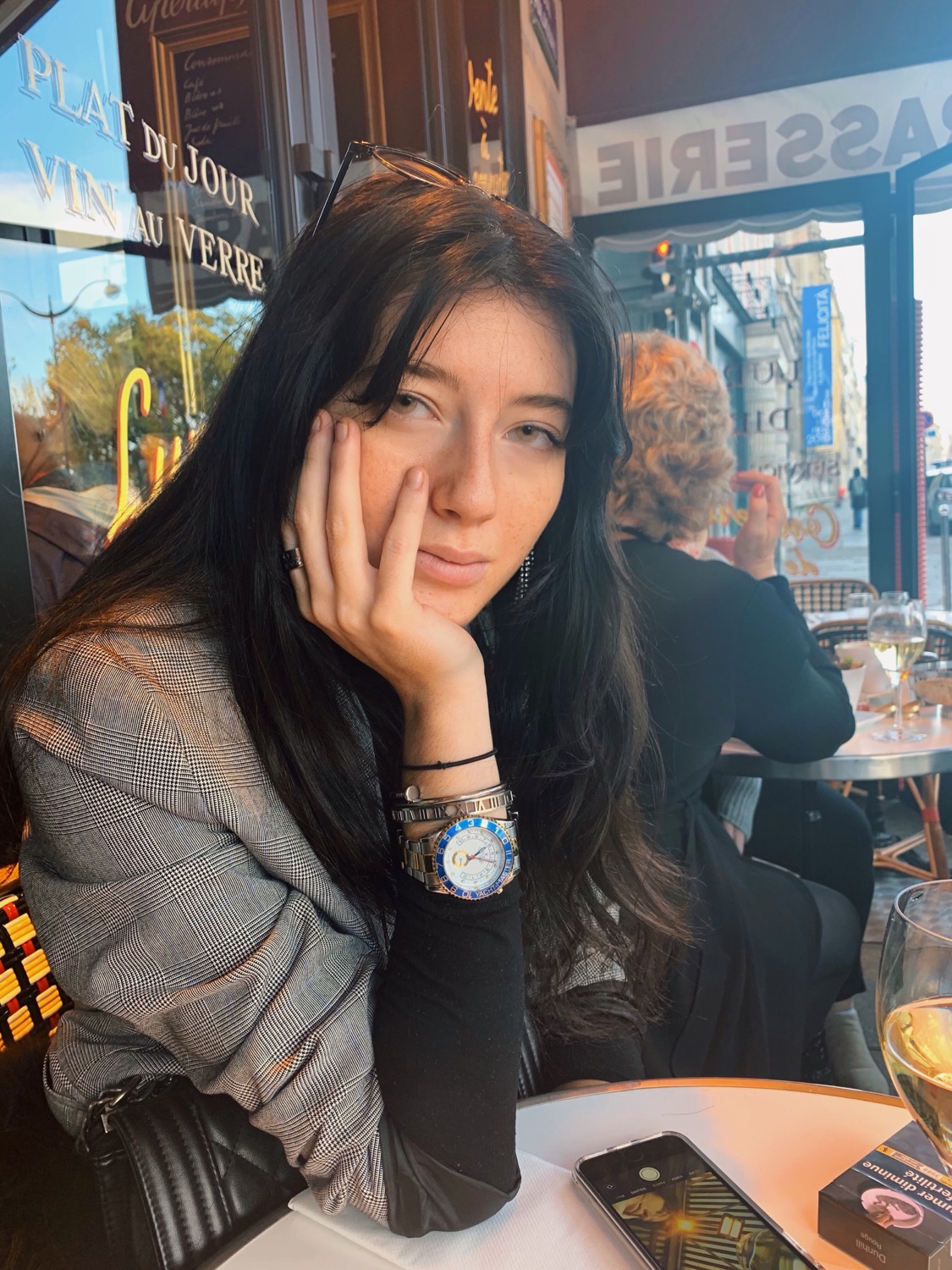FETCH FEATURES | SPOKEN LYRIK
- Victoria Comstock-Kershaw
- Mar 17, 2021
- 4 min read
Updated: Apr 10, 2023
In the age of viral videos and curated content, can poetry still be intimate? Fetch sits down with Spoken Lyrik founder Shakquille Millington and collaborator Belal Stitan to discuss spoken word stereotypes, playground grime and the therapeutic nature of performance.

“When I was growing up in school, grime was a thing. Everyone had a lyric, everyone had a bar - we would all come into school and rap together.” says Shak of his childhood. “I want to put poetry back into that space. Hopefully our videos can impact the next wave of kids, so they can look at it and say ‘let me try that, let me try that!’”.
Disappointed with the sterile state of the current online spoken word scene, Shak created Spoken Lyrik in early 2021 with the goal of re-injecting the space with authenticity and intimacy. It’s no small task: poetry may be more popular than ever, but keeping online audiences engaged is a million-dollar challenge. Spoken Lyrik, however, is well up to the task: the channel makes its mark by hosting and promote spoken word artists in an up-close, intimate style that challenges audience and performer alike.
“I’m not an internet guy. That’s just my preference.” confesses Shak. “I don’t think anything is ever going to beat a live performance. If you perform yourself and you’ve been in that space, you’ll know that it’s magnetic - there’s something about [that] that you can’t replicate.” And yet, Spoken Lyrik’s signature style - closely cropped, with no background noise or added visual or audio cues - is as close as one can get. “I find a lot of the internet’s spoken word just isn’t attention-grabbing enough.” explains Shak. “There’s something unhuman about it… It’s not capturing that live performance element, so that’s what we want to try and bring to the screen: the feeling that you’re actually sat there watching them.”
"I think it’s quite therapeutic myself. Everyone has a different way of expressing themselves, and I just think this is another avenue."
Audiences may be used to the Brooklynite style of slam poetry channels like Button Poetry or the trite, overly academicised performances of boomer favourites like Lin-Manuel Miranda, but Spoken Lyrik breaks down these stereotypes and provides an entirely new experience: “What we want to introduce is a more intimate style,” says Shak. “[We have] an interview style where the cameras are really close, and you feel like “wow - are we in the room?” That’s what we do differently. We want [our style] to touch regular people in an intimate way.”
The intimate format doesn’t just challenge the audiences expectations of online spoken word: the performers too must overcome the unhackneyed limitations of internet poetry. “Filming is definitely different to live performing: there’s a totally different atmosphere, it’s way more flat. So you really do need to be a great performer to deliver that to the camera,” explains Shak. “It has to be accessible, it also has to grab attention within the first ten seconds, and it has to maintain that intensity throughout whatever we film. If you’re a performer, you have to [perform] in a way in which the cameras are able to capture that intensity.”
That’s not to say performers should shy away from the challenge. “We’re giving people the opportunity to bite the bullet.” explains collaborator Belal. “We’re giving people confidence to go ahead and put their work out there, to actually make their mark in the world. [We’re] giving them the tools, really, to be themselves.” Shak, who himself admits to having missed out on opportunities due to fear, expands on the unique opportunity which Spoken Lyrik provides for performers. “Expression is massive, creating magic for the masses,” he says in reference to the projects’ tagline. “There’s no barriers here. Poetry is for anyone and everyone, everyone has their own truth - that’s the magic of it really. I want people to feel inspired and think "I wanna tell my truth too!” I think it’s quite therapeutic myself. Everyone has a different way of expressing themselves, and I just think this is another avenue."
The need for poetry collectives that prioritise feelings of intimacy and community is clear. “Poets exist, spoken word artists exist. They’re out there,” Belal expands. “So rather than having different accounts and different people here and there, we want to have a platform where we bring that all together. We want to create a community where poets who want to present their writing can do it in a way that they would be proud of.” With such a gap in the market, Spoken Lyrik’s aspirations are far from unrealistic: “I think eventually, if we keep this up, we could be a cornerstone in the poetry world.” says Shak. “We could be the place that people look to for inspiration and want to be [apart of]. I want to be a platform where people look at that and think “I wanna get on that next year”."
With recruiting for their first round of content well under way, Shak has one final message for those still hesitant about taking part of this major cultural shift in the world of spoken word: “Trust yourself, and bite the bullet. Life can be fleeting.”
"Poetry is for anyone and everyone, everyone has their own truth - that’s the magic of it really. I want people to feel inspired and think I wanna tell my truth too!”"
Spoken Lyrik will be shooting their first round of content on April the 3rd 2021 in Birmingham, UK. Deadline for application on the 27th of March. Further information about applying and updates on the project can be found on their Instagram page.




